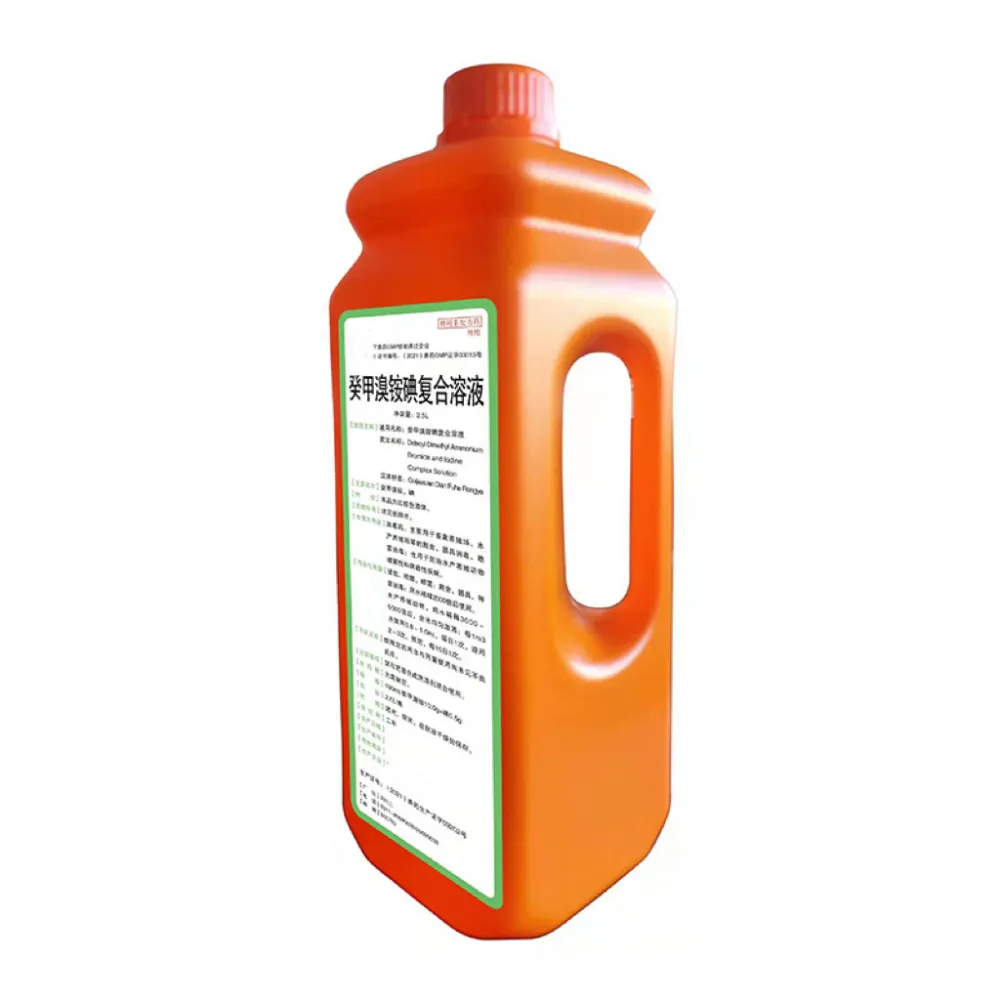- Afrikaans
- Albanian
- Amharic
- Arabic
- Armenian
- Azerbaijani
- Basque
- Belarusian
- Bengali
- Bosnian
- Bulgarian
- Catalan
- Cebuano
- Corsican
- Croatian
- Czech
- Danish
- Dutch
- English
- Esperanto
- Estonian
- Finnish
- French
- Frisian
- Galician
- Georgian
- German
- Greek
- Gujarati
- Haitian Creole
- hausa
- hawaiian
- Hebrew
- Hindi
- Miao
- Hungarian
- Icelandic
- igbo
- Indonesian
- irish
- Italian
- Japanese
- Javanese
- Kannada
- kazakh
- Khmer
- Rwandese
- Korean
- Kurdish
- Kyrgyz
- Lao
- Latin
- Latvian
- Lithuanian
- Luxembourgish
- Macedonian
- Malgashi
- Malay
- Malayalam
- Maltese
- Maori
- Marathi
- Mongolian
- Myanmar
- Nepali
- Norwegian
- Norwegian
- Occitan
- Pashto
- Persian
- Polish
- Portuguese
- Punjabi
- Romanian
- Russian
- Samoan
- Scottish Gaelic
- Serbian
- Sesotho
- Shona
- Sindhi
- Sinhala
- Slovak
- Slovenian
- Somali
- Spanish
- Sundanese
- Swahili
- Swedish
- Tagalog
- Tajik
- Tamil
- Tatar
- Telugu
- Thai
- Turkish
- Turkmen
- Ukrainian
- Urdu
- Uighur
- Uzbek
- Vietnamese
- Welsh
- Bantu
- Yiddish
- Yoruba
- Zulu
gru . 10, 2024 08:43 Back to list
dexamethasone phosphate injection
Dexamethasone Phosphate Injection An Overview
Dexamethasone phosphate injection is a potent corticosteroid used to treat a variety of inflammatory and autoimmune conditions. It is an ester form of dexamethasone, a synthetic analogue of the natural hormone cortisol, which plays a crucial role in regulating metabolism, immune response, and stress reactions in the body. Dexamethasone phosphate is notable for its rapid action and greater solubility compared to other forms of dexamethasone, making it particularly useful in clinical settings.
Mechanism of Action
Dexamethasone functions by binding to glucocorticoid receptors, which are present in almost every human cell. Upon binding, the dexamethasone-receptor complex translocates to the cell nucleus, where it influences the transcription of various genes. This leads to a decrease in pro-inflammatory cytokines and an increase in anti-inflammatory proteins. As a result, dexamethasone reduces inflammation, suppresses the immune response, and alleviates symptoms associated with various diseases.
Indications for Use
Dexamethasone phosphate injection is utilized in a wide array of medical conditions. It is commonly prescribed for allergic reactions, asthma exacerbations, and bronchospasms. Furthermore, it proves beneficial in managing autoimmune diseases such as rheumatoid arthritis and lupus. Additionally, it is employed in treating certain types of cancer, specifically to manage cerebral edema associated with brain tumors and to alleviate nausea due to chemotherapy.
During the COVID-19 pandemic, the use of dexamethasone became prominent as clinical trials revealed its efficacy in reducing mortality rates among patients requiring supplemental oxygen or mechanical ventilation. By modulating the immune response, dexamethasone helps prevent the body from overreacting to the viral infection, thereby mitigating severe respiratory distress.
dexamethasone phosphate injection

Administration and Dosage
Dexamethasone phosphate is typically administered via intramuscular or intravenous injection. The method of administration and dosage depends on the specific condition being treated, the severity of the disease, and the individual patient's response. Medical professionals must carefully monitor dosage because prolonged use of corticosteroids can lead to significant side effects.
Side Effects and Considerations
While dexamethasone phosphate is effective, it is not without potential side effects. Common adverse effects include weight gain, increased appetite, fluid retention, and mood changes such as anxiety or irritability. Long-term use can lead to more serious complications, including osteoporosis, adrenal suppression, and an increased risk of infections due to immune system suppression.
Given these risks, healthcare providers must weigh the benefits of treatment against possible side effects. It is also essential for patients to follow their physician's instructions regarding dosage and duration of therapy to minimize the risk of adverse effects.
Conclusion
Dexamethasone phosphate injection is a valuable tool in the treatment of various inflammatory and autoimmune conditions. Its rapid action and efficacy make it a cornerstone in severe cases of asthma, allergic reactions, and conditions exacerbated by inflammation. While the drug has greatly benefited many patients, awareness of its side effects and careful monitoring during treatment are imperative. As with any medication, collaboration between healthcare providers and patients is crucial to ensure optimal treatment outcomes while minimizing risks.
-
Guide to Oxytetracycline Injection
NewsMar.27,2025
-
Guide to Colistin Sulphate
NewsMar.27,2025
-
Gentamicin Sulfate: Uses, Price, And Key Information
NewsMar.27,2025
-
Enrofloxacin Injection: Uses, Price, And Supplier Information
NewsMar.27,2025
-
Dexamethasone Sodium Phosphate Injection: Uses, Price, And Key Information
NewsMar.27,2025
-
Albendazole Tablet: Uses, Dosage, Cost, And Key Information
NewsMar.27,2025













